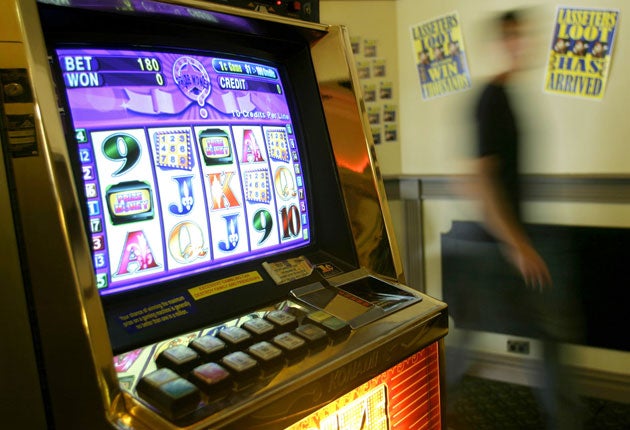Australia forced to confront its 'pokies' problem

When Australia remembers its war dead on Anzac Day later this month, the pubs will be full of old soldiers playing "two-up" – a traditional betting game similar to "heads or tails" that was popular on the First World War battlefields.
Unfortunately, the modern face of gambling is not quite so noble or patriotic, often involving working-class Australians feeding their meagre earnings into electronic poker machines, or "pokies". That has not prevented the country's powerful licensed clubs lobby from exploiting such associations in a crusade against looming reforms aimed at addressing problem-gambling.
In a A$20m (£13m) campaign launched yesterday, the industry denounced government plans to cap pokies losses as "un-Australian". In full-page newspaper advertisements, it claimed gamblers would be forced to carry a "licence to punt" – a reference to proposals for an electronic card programmed with a betting limit preset by poker-machine users.
Despite its small population, Australia has more than a fifth of the world's poker machines, which have colonised pubs and clubs in suburbs and rural areas. For years, there has been hand-wringing about problem-gambling but no action taken – not least because the machines contribute about a tenth of state government revenue.
All that changed when Julia Gillard failed to win a majority in last year's election and was forced to court four independents. One MP, Andrew Wilkie, agreed to support her minority Labor government in exchange for a promise to crack down on the pokies industry.
It is a promise that must be kept, for Ms Gillard's government – with its majority of just one – will fall if Mr Wilkie withdraws his backing. But the consequences of keeping it could be damaging, too, with many of the clubs situated in working-class suburbs that are marginal Labor seats. The clubs say they rely on pokies revenue to fund community activities, and they warn that jobs will be lost.
Mr Wilkie chairs a parliamentary committee that is poised to deliver recommendations for reform – but the industry has pre-empted it. Its advertisements were dismissed as "dishonest" by Mr Wilkie, who questioned why they did not mention poker machines. "It's as if the industry wants to sidestep the fact that this is simply to do with harm minimisation for... problem-gamblers," he told ABC Radio.
In Australia, 40 per cent of poker-machine revenue comes from problem-gambling. An independent Senator, Nick Xenophon, said it was "pretty obscene" that the clubs' battle chest for the ad campaign contained more than was spent annually on helping the country's estimated 100,000 addicts.
The Community and Family Services minister, Jenny Macklin, accused the industry of running a "scare campaign", and – in a retort to the adverts – said it was "un-Australian to make money from someone else's misery".
But Anthony Ball, the chief executive of Clubs Australia, pledged to pursue the crusade, until the next election if necessary. "This is a life-and-death issue for us," he told The Australian.
Mr Wilkie said he was confident that the government would introduce legislation next year. "We will only get one shot at this," he said. "It's a once-in-a-generation reform."
Join our commenting forum
Join thought-provoking conversations, follow other Independent readers and see their replies
Comments
Bookmark popover
Removed from bookmarks